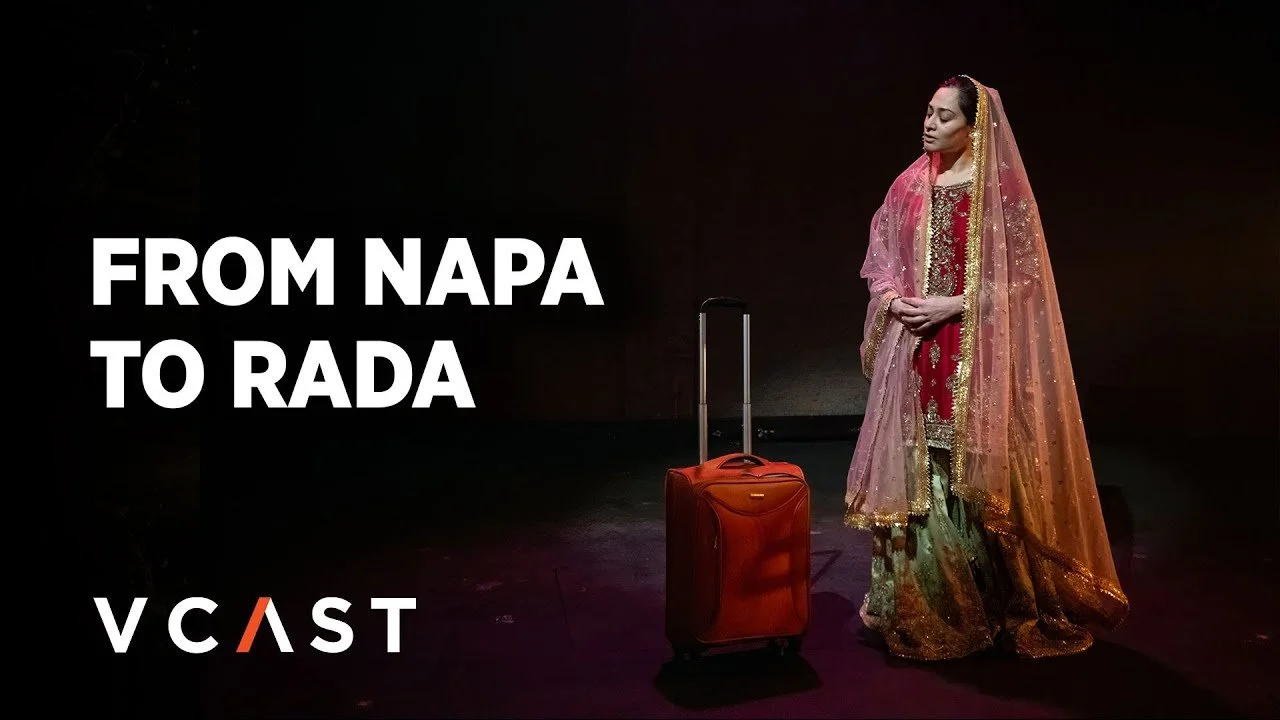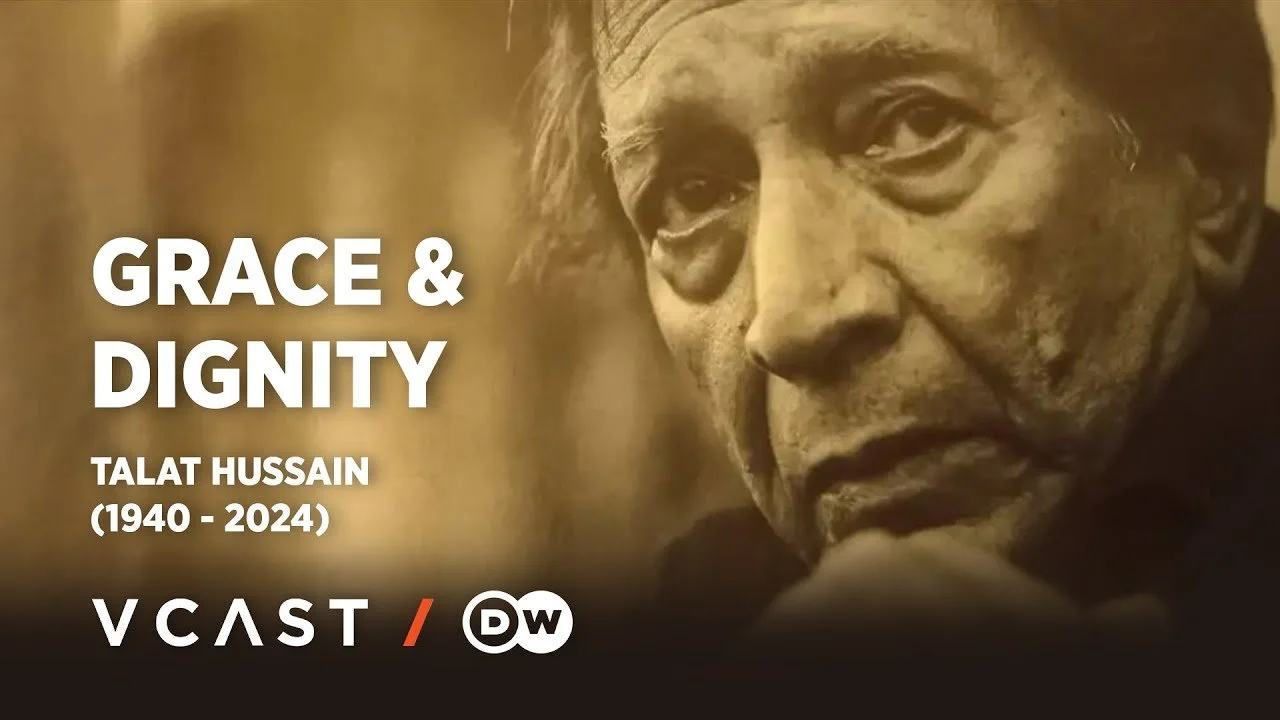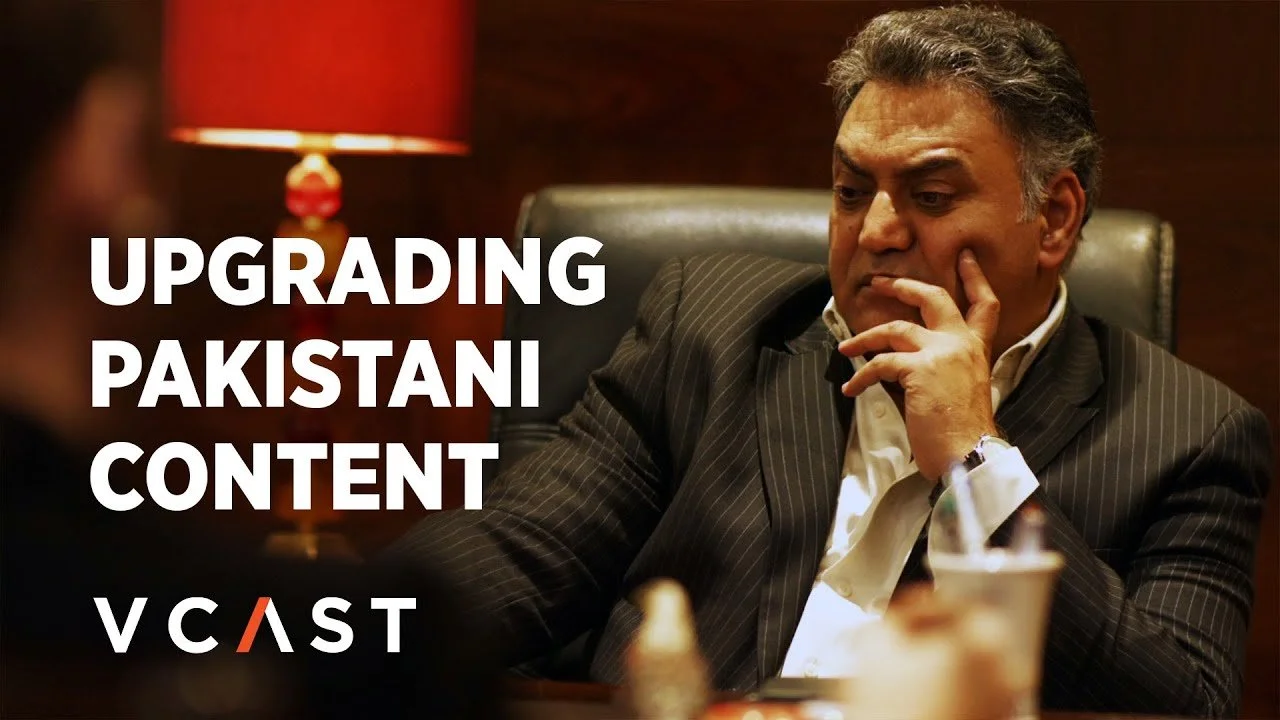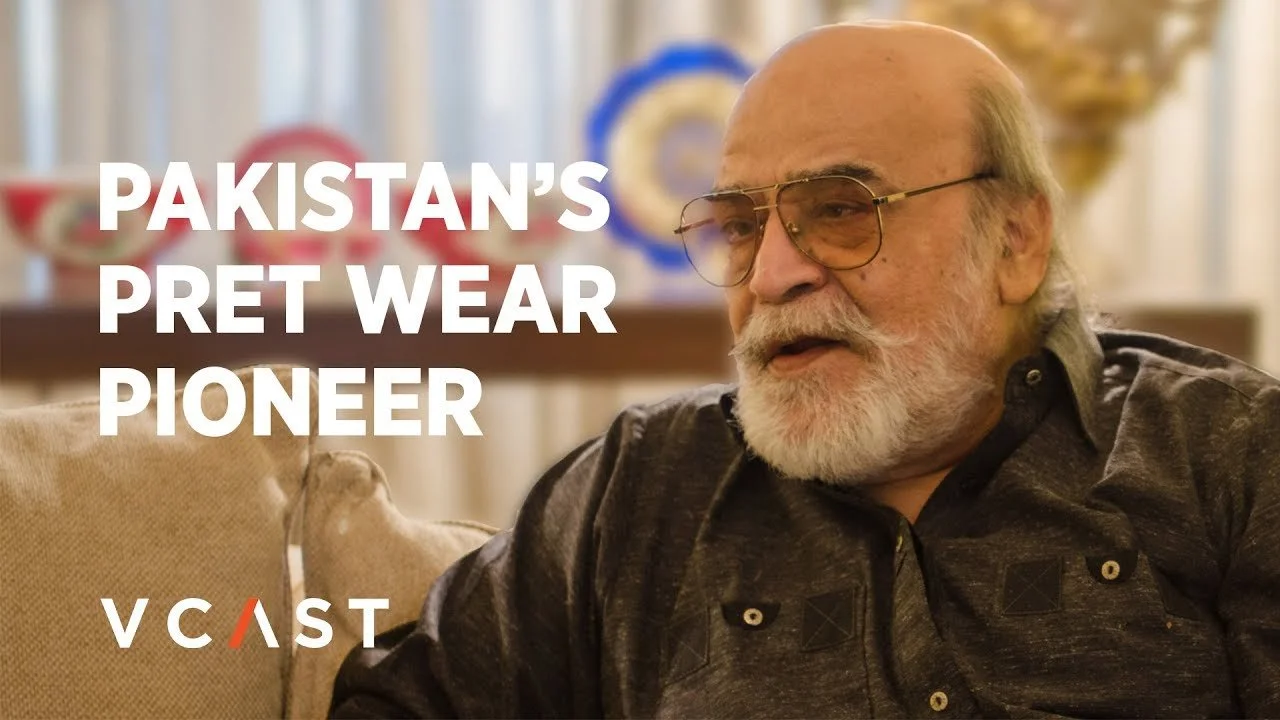A Netflix Original Made in Pakistan?
Asif Raza Mir, a veteran actor and media entrepreneur, has spent more than four decades shaping Pakistan’s entertainment industry, evolving from a teenage actor to a pioneering force in television and production.
Co-founder of A&B Entertainment, a leading production house; and former Chief Operating Officer at Geo Entertainment, Mir blends artistic sensibility with strategic vision, building a media presence that extends beyond national boundaries.
Mir’s career in entertainment began at the ground level. Joining Pakistan Television (PTV) at just 17, he entered in the “Support” category—three tiers beneath celebrated veterans like Qavi Khan, Talat Hussain, and Abid Ali. His earliest roles paid a mere 120 rupees. Even as his experience grew, the financial rewards were modest, with his largest PTV paycheck capping at 20,000 rupees. Saving was a challenge, but he strategically channeled his earnings into meaningful milestones: first a car, and ultimately, a house for his parents—fulfilling a dream they had carried for years.
He credits these early financial constraints with forging his relentless drive. Coming from a generation where one had to fight for every inch of progress, he argues that pressure is often the necessary fuel to discover one’s true capabilities. Facing uncertainty and instability, he developed a work ethic built on consistency and long-term thinking—pushing forward even when there was no immediate reward. He believes this mindset, not luck, is what opens doors.
As he transitioned into production, Mir identified a critical gap in Pakistan’s media pipeline: post-production. When an opportunity arose to build a post-production company, he took it head on. He trained a team from scratch, helping young recruits develop the skills needed to restore old films and deliver them for international clients.
Mir sees the potential to scale Pakistan's post-production sector significantly. He argues that with cheaper labor and costs, the country could eventually export these services and its technicians internationally. However, he stresses that the opportunity remains locked without critical investment in local manpower.
Mir recalls his time at Geo where he started exporting Pakistani dramas to countries including Barbados, Poland, Australia, and even India. The content, he says, was well received abroad, showing that local stories could find an audience beyond national borders. Yet he also points out that technical shortcomings remained a serious barrier, often limiting how far this success could go.
Still, that potential remains largely unrealized. Mir is blunt about Pakistan’s absence from global streaming platforms: “Have you ever seen a Netflix original from Pakistan? No. Not a single one.” He attributes this not to a lack of creativity or compelling stories, but to poor technical quality. In his assessment, Pakistani content is often rendered “worthless” by international standards due to audio inconsistencies, weak visuals, and outdated editing practices that sabotage otherwise competitive productions.
“It is not because of the content,” he explains, “It is because of the quality of the content.” He contrasts Pakistan with countries like India, Poland, and Bulgaria, which have invested in infrastructure and adapted quickly to provide content for platforms like Netflix and Amazon.
In contrast, Pakistan’s industry remains insular, with little willingness to adapt or evolve. Mir is critical of channel owners and production houses who, despite profitability, have failed to reinvest in training, talent, or technology, leaving the burden of progress on individual creatives.
Beyond technical issues, Mir believes that Pakistan’s entertainment sector needs a deeper cultural transformation. He emphasizes the importance of discipline, cleanliness, and environment—not just in physical spaces, but in mindset. He takes pride in having created a workspace so well-maintained and professional that visitors immediately notice the difference. From staff conduct to workspace aesthetics, every detail, he says, reflects intent and integrity.
Now, with the next generation of his family—children raised in the West—bringing their perspectives to the local industry, Mir is cautiously optimistic. They are beginning to improve systems in their own ways, working to shape a cleaner, more capable, and globally competitive future for Pakistani media.
What would it take for our dramas to meet Netflix standards? Let us know in the comments!
This conversation is brought to you in association with JS Bank.
This article was developed with the assistance of AI tools.




